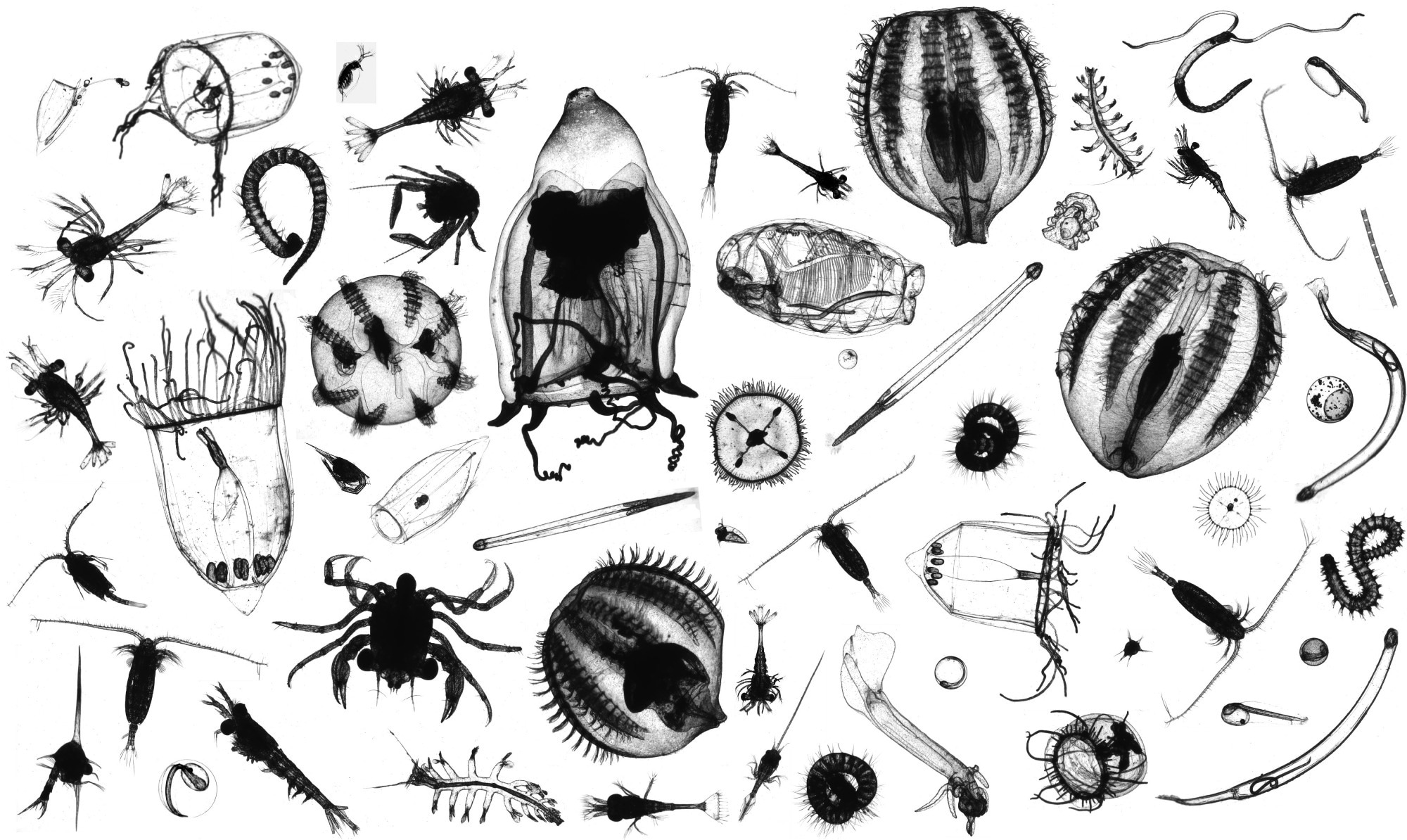Scientists from the Marine Biological Association (MBA) and over 20 universities and research institutions across the world say more work needs to be done to untangle the climate-driven environmental impacts on plankton.
 Zooplankton (animal plankton) are critical components of the marine ecosystem. Image Credit: Marine Biological Association.
Zooplankton (animal plankton) are critical components of the marine ecosystem. Image Credit: Marine Biological Association.
Plankton are a diverse collection of tiny organisms found in water. They are a vital food source for many organisms and their activity in the ocean helps regulate the absorption of carbon from the atmosphere to the ocean.
Decades of research have revealed that zooplankton (animal plankton) are critical components of the marine ecosystem and have shown sensitivity to the changing ocean.
In this study, researchers analysed key responses of zooplankton to ocean warming, shifts in phenology (study of seasonal changes in the life cycles of plants and animals from year to year), range, body size and other variables.
The results revealed there are key knowledge and geographic gaps in monitoring coverage that need to be urgently addressed; and integrating modern and traditional techniques for improved plankton observation could help predict future scenarios under global changes.
Data has shown that the phenology of plankton is moving 5-10 days earlier per decade, faster than animals further up the food web (such as adult fish, seabirds, marine reptiles and mammals) which are shifting earlier by 0-2.5 days per decade.
Climate change could lead to ‘trophic mismatch’, where the timing of predators is out of sync with their prey, with major consequences for fisheries and ecosystems.
Zooplankton play a crucial role in the ocean’s ‘biological pump’ by shifting carbon from the atmosphere into the deep ocean through their fast-sinking faecal pellets, vertical movement through the water column, and respiring surface carbon at depth.
Apart from zooplankton respiration, which is expected to accelerate with ocean warming, the direction of change for other variables such as grazing and excretion rates is unclear.
Given that zooplankton are the critical link in transferring energy higher up the food chain, the study highlights the need for greater cooperation between fisheries and plankton experts to include zooplankton data from long-term monitoring in modelling.
Scientists propose four key steps to meet global needs: protect existing and build new times series programmes, better integrate time series data, broaden our understanding of climate change responses and improve cross-disciplinary approaches.
David Johns, Head of the Continuous Plankton Recorder (CPR) Survey says there is a need to expand the continuous long-term observation of marine life, and fill gaps where these observations are lacking.
He said: “Tracking how marine life responds to increased human use and climate change will empower the global community to understand, predict, protect and interact sustainably with our ocean.
Improved integration of sampling, modelling and reporting activities will lead to rapidly understanding the dynamics of zooplankton communities at regional and global scales. Such improved understanding will benefit the research community and could address societal needs.”
Based at the Marine Biological Association (MBA) in Plymouth, UK, the CPR Survey is the longest running and most geographically extensive marine plankton sampling program in the world. Since 1931 almost 300 ships have travelled more than 7.2 million miles towing sampling devices that capture plankton from the ocean.
The survey reached its milestone 90th Anniversary in 2021 and has helped shape scientific understanding about the health of our ocean, and how marine life is changing in response to pressures like climate change.
Read the full paper here: https://www.nature.com/articles/s41467-023-36241-5